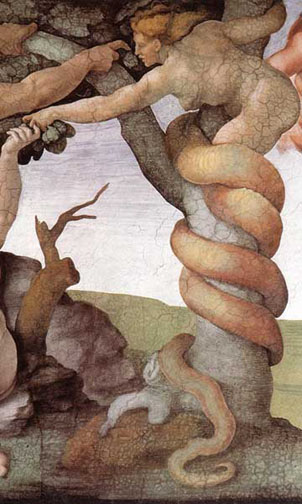You worship what you do not know. (John 4:22)

If there is one God, we may ask, why are there so many religions? Or, to put the question another way: are other religions false or wicked or wrong – or do all these different ways lead to the same God?
We would love there to be a clear question and answer in the words of Scripture, but it does not seem to be there. However there is a very clear teaching of the Church, even if it is not well known, and that is based very firmly on Scripture, including today's Gospel.
Firstly, there is good is almost all faiths, and those who believe in conscience, even following another faith, manifest much good. Jesus does not condemn the Samaritan women for the faith of her people. He does not condemn her faith. He does not refuse to sit and talk with her. He sees into her heart and touches her with his grace. He knows that she too worships the Father. The same God who is worshipped by the Jewish people. The One God. And indeed, Jesus says, Salvation comes from the Jews. Other faiths, Jewish, Muslim, Sikh, Hindu and also ways in which God is worshipped. They deserve our respect, and on occasions their followers deserve our admiration.
But this is not all. You worship what you do not know, he says to the woman. There is much good in other faiths, but they are not equal ways to God. There is only one true path, only one Messiah, one Christ. There is one person who comes as the Saviour of the World, and to truly believe is to turn to him. Other faiths may show much good. They may be preparations for the Gospel, but there is only one Gospel, one Church, one Faith, one Baptism, one Lord, who calls us all to worship him in Spirit and in Truth.




